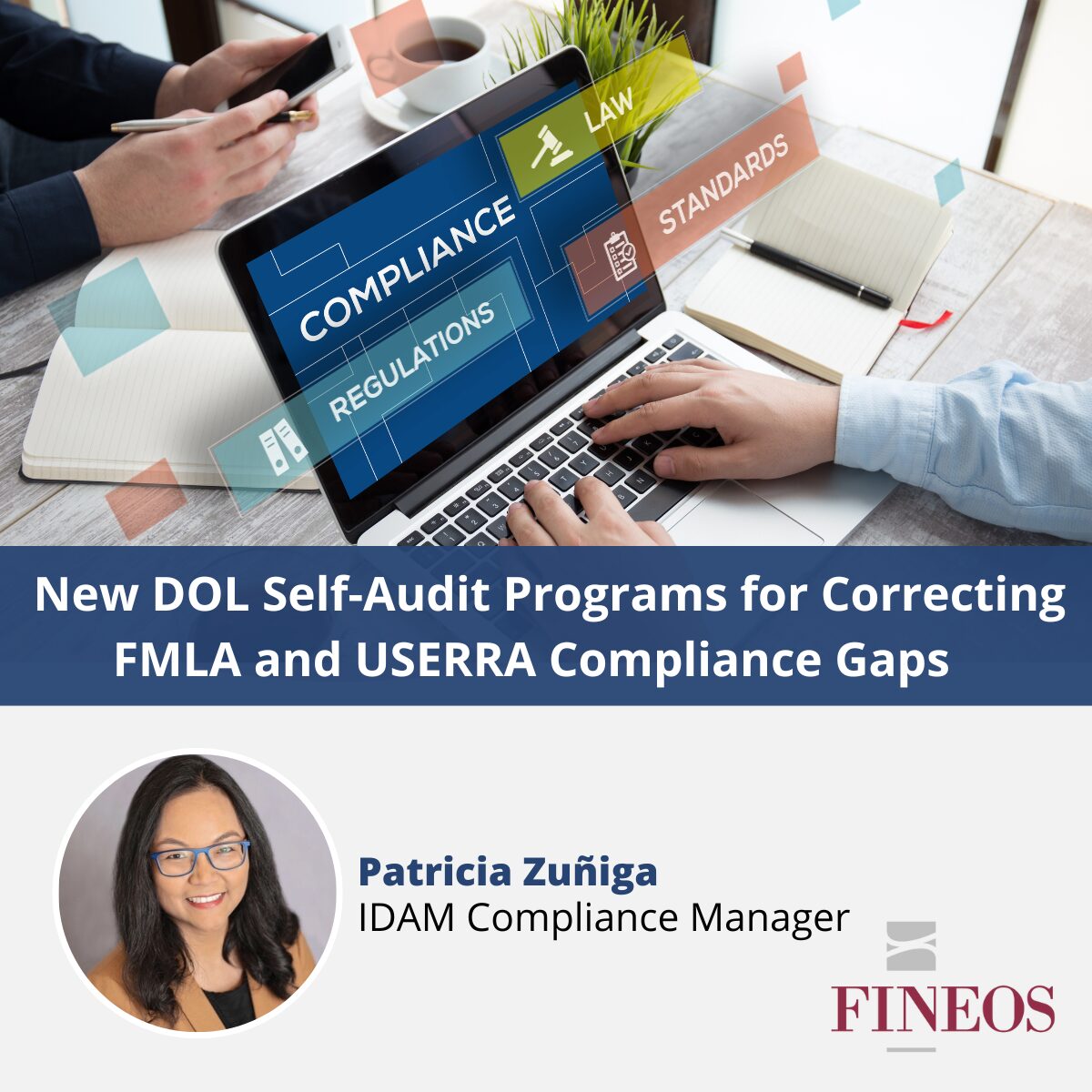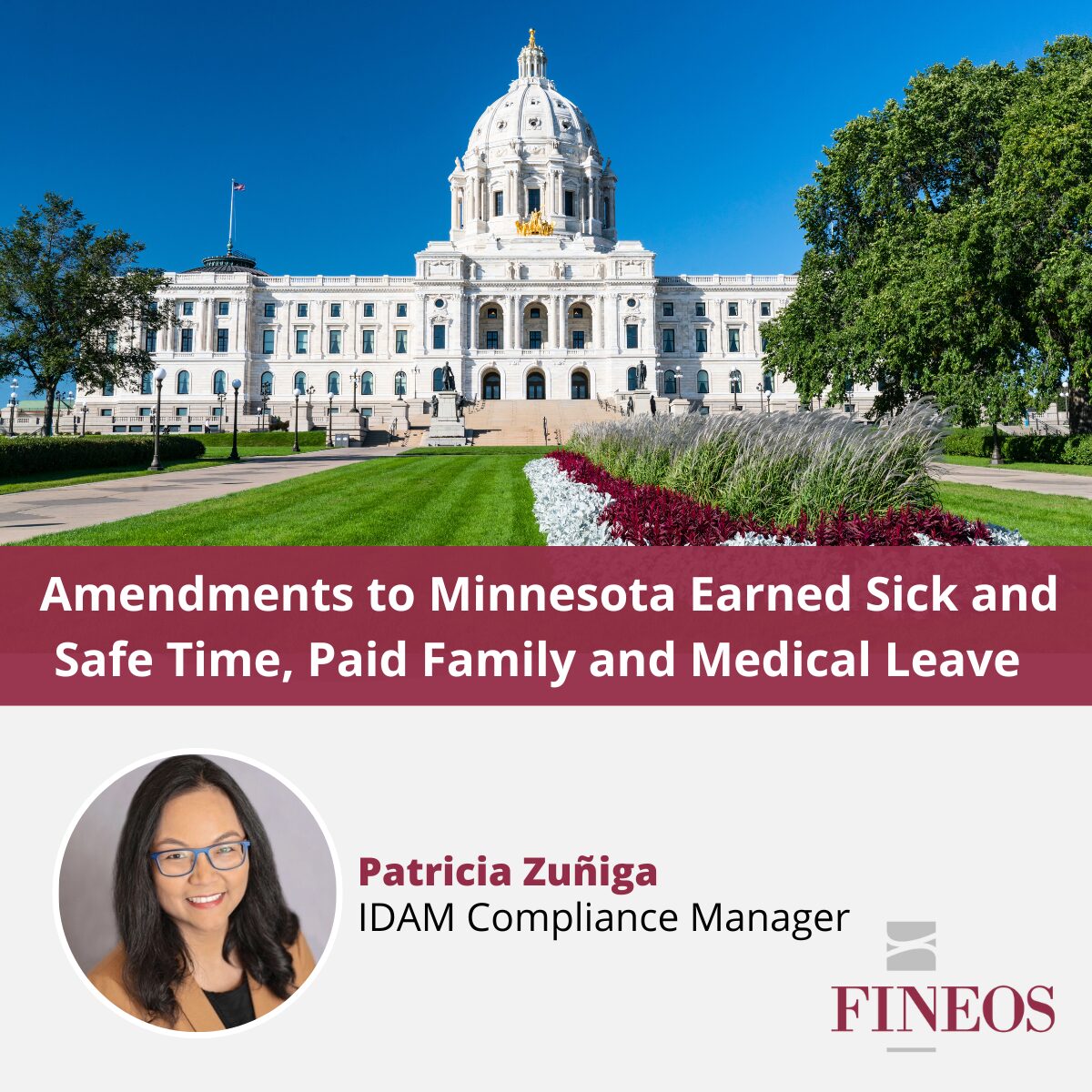Late December 2020, Massachusetts finalized two Emergency Regulations relating to its Paid Family and Medical Leave program. The Department of Family and Medical Leave (DFML) also issued formal Guidance on Intermittent Leave and Reduced Leave Schedules.
The new regulations:
- update several definitions for personal care attendants and family childcare providers, and incorporate those into the existing definitions of Covered Individual, Employee, and Employers; and
- provide additional guidance on bonding leave and implements new rules for employees of Acute Care Hospital. These are, in part, designed to address staffing capacity issues at Acute Care Hospitals due to the COVID-19 pandemic. The following describes the bonding leave guidance:
- Bonding Leave for All Employees
-
- An employee can take bonding leave for births, adoptions, and foster care placements that occurred in 2020, but the leave must be completed during the first 12 months after the child’s birth, adoption, or foster care placement.
- Bonding Leave for Employees of Acute Care Hospitals
-
- An employee of an acute care hospital who is eligible for bonding leave that occurred in 2020 can request, and the employer may grant, a period of family leave for bonding that extends beyond the 12-month period described above. However, the leave cannot extend beyond December 31, 2021.
- This extension of the period for bonding leave will not affect the total amount of leave and benefits available to the employee.
- Acute care hospital employers can initiate discussions with employees eligible for the extension to determine if they intend to request the allowable extension. An employer’s decision to deny an extension will not constitute retaliation under the law.
- Note: The regulations apply to all acute care hospitals, regardless of whether the employer provides benefits through a private plan or the Massachusetts public plan. The regulations impact only bonding leaves for birth, adoption, or foster placement in 2020, and do not apply to any other leave types.
Bonding Leave Extensions for non-Acute Care Hospital Employees
-
- Employers that are not acute care hospitals seeking to extend the period in which an employee may schedule family bonding leave as provided above can submit a written request to the Director of the DFML who will consider the likely effects on public health and safety and the public interest.
Guidance Regarding on Intermittent Leave and Reduced Leave Schedule: In addition to the emergency regulations, Massachusetts issued Guidance around intermittent and reduced scheduled leave:
- Medical Leave or Qualifying Exigency Leave – minimum increment cannot exceed one hour:
-
- Per 458 CMR 2.02, the regulations previous provided that intermittent leave must be taken in increments consistent with the established policy of the employer or covered business entity uses to account for use of other forms of leave; provided, however, that the Department will not pay in increments of less than 15 minutes. The new guidance states that for intermittent leave or leave on a reduced leave schedule taken because of one’s own serious health condition, to care for a family member with a serious health condition, to care for a covered servicemember with a serious injury or illness, or leave for a qualifying exigency, the minimum increment may not exceed one hour.
- The guidance also clarifies that for claims administered by the Department, increments must be measured in 15-minute multiples, and the Department will default to 15-minute minimum increments for all employers.
- Bonding Leave – employer and employee must mutually agree:
-
- For family leave to bond with a child during the first 12 months after the child’s birth, adoption, or foster care placement, leave can be taken on an intermittent or reduced leave schedule only if the employer and covered individual mutually agree.
- This guidance clarifies that it has no effect on an employer’s ability to approve a mutually agreed upon intermittent or reduced family leave schedule for purposes of bonding.
- The guidance states that an employee must submit a request for intermittent or reduced schedule leave with the applicable minimum increment or the request will be rounded down to the applicable minimum increment. If the minimum increment is not satisfied, no benefits will be paid.
Simplify the complex with FINEOS Absence that supports private, exempted Massachusetts paid Family and Medical Leave plans for full benefit payment and leave entitlement functionality as well as the ability for carriers to track MA PFML benefits when an employee files for PFML benefits with the DFML program.
The FINEOS Integrated Disability and Absence Management (IDAM) solution brings together the robust FINEOS Absence, the market-leading FINEOS Claims and FINEOS Payments to develop a single book of record for all absence management related services, including paid leave. If you’re ready to simplify the complex landscape of absence management, contact us at info@FINEOS.com.


